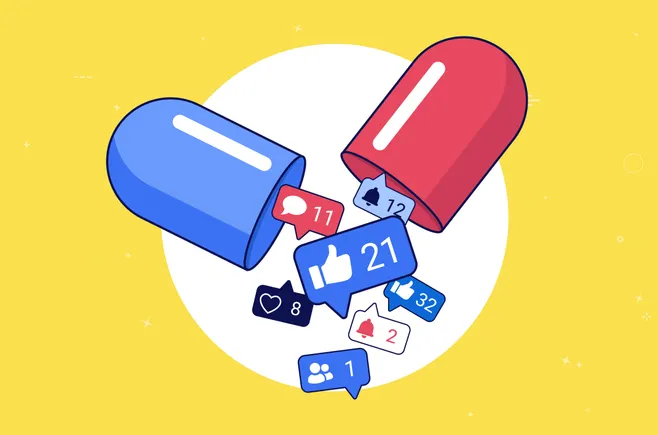is changing,” Baer said. “They’re starting to understand that it’s not just about promotion. It’s about education, awareness and engagement.”
One example of a successful educational campaign was Pfizer’s “Get Old” initiative, which aimed to change the conversation around aging and health. The campaign included a website, social media presence and partnerships with influencers to create engaging content that resonated with target audiences.
“The reality for pharma companies is people trust social influencers more than they trust brands,” Baer noted. “They see influencers as peers and experts, so partnering with them can be a powerful way to reach and engage with patients.”
As pharma companies continue to navigate the evolving social media landscape, they will need to balance regulatory constraints with the need for engaging and informative content. By leveraging the power of social influencers, educational campaigns, and strategic content creation, pharma companies can connect with patients in meaningful ways that drive awareness, engagement, and ultimately better health outcomes.
With the potential shift away from TV ads to social media marketing, the pharma industry is poised to explore new opportunities for reaching and engaging with patients in the digital age. As regulations and consumer expectations continue to evolve, pharma companies will need to adapt their marketing strategies to ensure they are meeting the needs of patients while complying with regulatory requirements.
Whether it’s through educational campaigns, social influencer partnerships, or innovative content creation, the future of pharma marketing lies in the ability to connect with patients in authentic and meaningful ways that drive positive health outcomes.
In the ever-evolving world of healthcare marketing, one thing is clear: education is key. According to Trunzo, making a bigger change in the industry requires a shift towards influencing end users through various channels, such as social media. By providing empowering information that is easy to understand, pharma companies can help individuals make informed decisions about their health.
One effective strategy is to utilize social media influencers to raise awareness about diseases and treatments. These influencers can share their personal experiences with a particular disease or medication, offering authenticity that traditional advertisements may lack. While influencers must tread carefully to avoid making claims about drug efficacy, their firsthand accounts can resonate with audiences and drive engagement.
Baer emphasizes the importance of forming partnerships between pharma companies and influencers, especially on a smaller scale. By leveraging the credibility and reach of influencers, companies can communicate messages that would otherwise be off-limits due to regulatory constraints. This collaborative approach enables pharma brands to connect with audiences in a more relatable and impactful way.
However, the rise of social media in healthcare also brings challenges, particularly in combating misinformation. The spread of vaccine skepticism during the COVID-19 pandemic illustrates the dangers of false information circulating online. To counteract this, healthcare marketers must prioritize building relationships with trustworthy influencers who can help disseminate accurate and reliable information to their followers.
While the pharma industry has been slower to adapt to social media compared to other sectors, the shifting landscape of consumer behavior presents new opportunities for growth. As more patients turn to online sources for health information, pharma companies have the chance to expand their reach and engage with a wider audience. By focusing on direct-to-consumer marketing and leveraging social channels effectively, companies can empower individuals to take control of their healthcare decisions.
In conclusion, the future of healthcare marketing lies in education and engagement through diverse channels, including social media. By embracing the power of influencers and prioritizing accurate information, pharma companies can establish trust with consumers and drive positive change in the industry. As the digital landscape continues to evolve, the potential for impactful communication and outreach in healthcare marketing is limitless.


